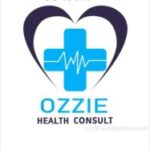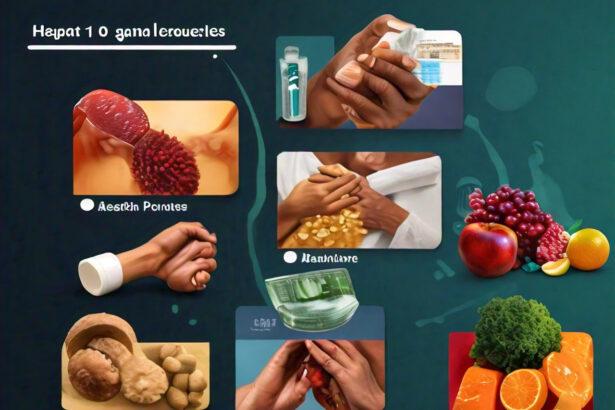The year 2024 has seen a resurgence of cholera outbreaks in various parts of Nigeria, raising serious public health concerns. Cholera, an infectious disease caused by the bacterium Vibrio cholerae, primarily spreads through contaminated water and food. It leads to severe diarrhea and dehydration, which can be fatal if not treated promptly. In this post, we’ll discuss the causes, symptoms, and preventive measures of the 2024 cholera outbreak in Nigeria to help you stay informed and protected.
What is Cholera?
Cholera is an acute diarrheal illness caused by consuming food or water contaminated with the Vibrio cholerae bacterium. It thrives in environments with poor sanitation and inadequate access to clean water. Cholera is most common during the rainy season when flooding increases contamination risks.
The 2024 Cholera Outbreak in Nigeria: What You Should Know
As of 2024, Nigeria is experiencing significant cholera outbreaks across several states, including Kano, Bauchi, Borno, and Zamfara. Health authorities have reported thousands of cases, with some leading to fatalities. The outbreak has been exacerbated by flooding, overcrowded living conditions, and a lack of access to clean drinking water in many communities.
Causes of the Cholera Outbreak
Several factors contribute to the ongoing cholera outbreak in Nigeria:
- Poor sanitation: Inadequate waste disposal systems in many regions lead to the contamination of water sources.
- Flooding: Heavy rainfall and flooding worsen water contamination, making it easier for cholera bacteria to spread.
- Limited access to clean water: In affected areas, many people rely on unsafe water sources for drinking, cooking, and washing.
- Overcrowding: In refugee camps and densely populated communities, cholera spreads rapidly due to close contact and shared water sources.
Symptoms of Cholera
Cholera symptoms can appear within hours to five days after exposure. Common signs include:
- Severe diarrhea: Often watery and accompanied by vomiting.
- Dehydration: Rapid fluid loss can lead to dry mouth, reduced urination, and muscle cramps.
- Fatigue and weakness: Due to loss of essential nutrients.
- Low blood pressure: A sign of severe dehydration.
Immediate medical treatment is critical as severe cases of cholera can lead to death within hours due to dehydration.
How to Prevent Cholera
Preventing cholera requires collective action from both individuals and communities. Here are some key preventive measures to protect yourself and your family:
- Ensure access to clean water: Boil or treat water before drinking. Use water purification tablets or chlorine to kill bacteria.
- Practice good sanitation: Always wash your hands with soap and clean water, especially before eating or preparing food.
- Avoid contaminated food: Only eat food that is properly cooked and stored. Avoid street food or anything prepared in unhygienic conditions.
- Maintain clean surroundings: Proper waste disposal and cleanliness are crucial in reducing contamination.
- Seek prompt medical care: If you or someone around you shows symptoms of cholera, seek immediate treatment.
Government and Health Authorities’ Response
The Nigerian government, along with health organizations such as the World Health Organization (WHO) and UNICEF, is actively working to curb the cholera outbreak. Efforts include providing access to clean water, improving sanitation facilities, distributing oral rehydration solutions, and raising public awareness on hygiene practices.
Conclusion
The 2024 cholera outbreak in Nigeria is a serious public health challenge that requires urgent attention. By understanding the causes, symptoms, and preventive measures, you can help protect yourself and your community from this life-threatening disease. Public health officials and local communities must continue to work together to prevent further outbreaks and save lives.
For more health updates and expert tips on disease prevention, stay connected with Ozzie Health Consult. Your health is our priority!
Stay informed, stay safe.
Join the conversation by following us on social media for more health tips and updates!



